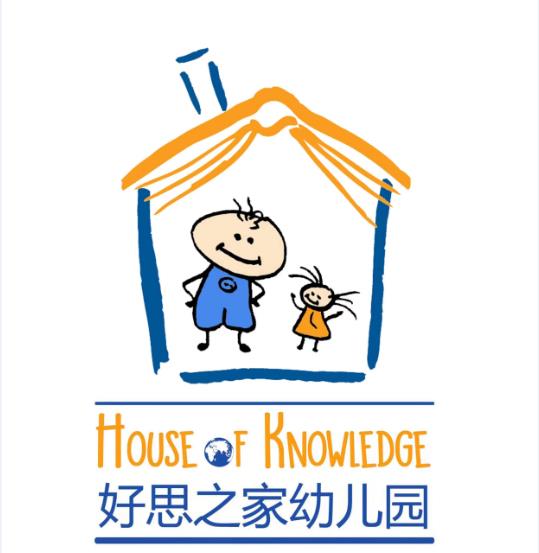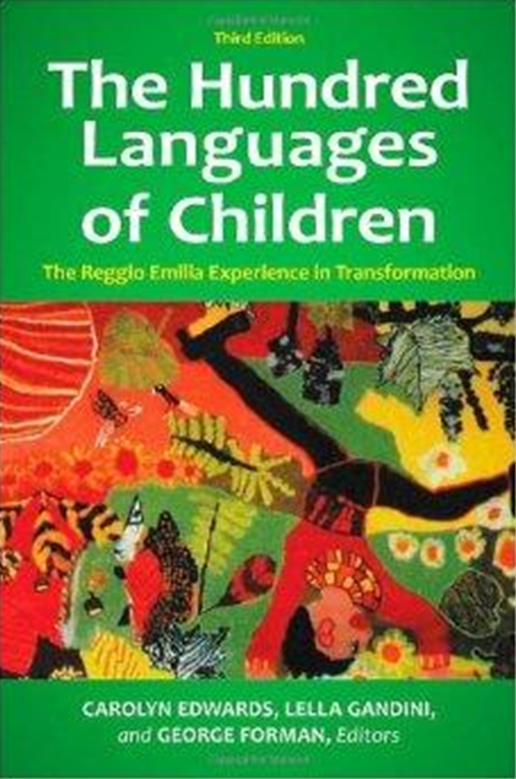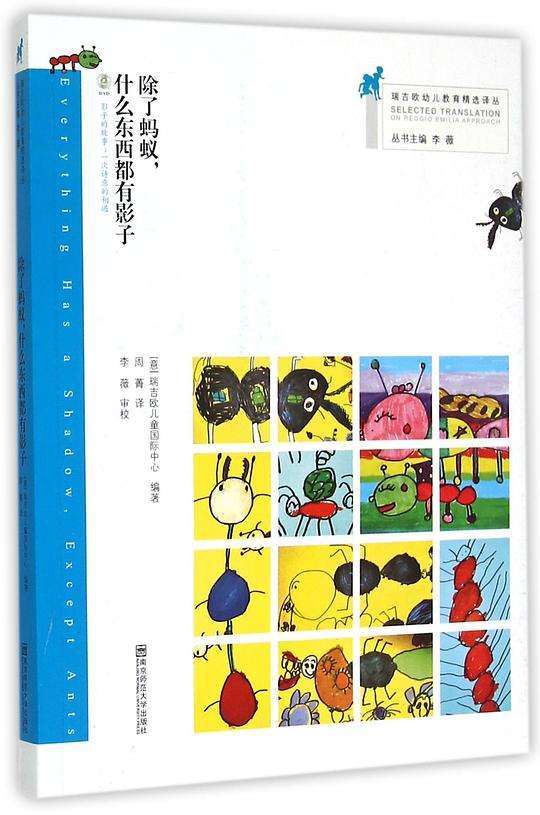As parents of young children, you’ve probably wondered about questions like:
“What is the best educational approach for my child?”
“How can I establish boundaries for my child?”
“How can I help build my child’s independence and social skills?”
“How can I encourage my child to be resilient and have a positive self-image?”
“How can I help my child learn another language while still having fun?”
There are a great number of educational approaches, each with their own focus, but it is most important to identify the educational approach that most fits your child’s needs. As the first Reggio Emilia-inspired kindergarten in Beijing, House of Knowledge will deliver a series of articles that present you detailed and practical information of Reggio Emilia approach, and we believe that with these articles, you’ll find out more regarding your questions.
What is Reggio Emilia Approach?
– Loris Malaguzzi.
Loris Malaguzzi developed the Reggio Emilia educational approach shortly after World War II, at a time when many Italians felt that children needed a new and progressive way of being educated. In 1963, with the help of the municipality of Reggio Emilia, Loris Malaguzzi participated in the simultaneous creation of the first municipal preschools and several infant-toddler centers within the community (Pricilla Westlake, 2017).
Parent Workshop Series
Reserve your first parent workshop in October now!
Workshop 1: Childhood Challenges and Behaviors
Presenter: Giulietta Welman | Principal, Chaoyang Park Campus
Language: English (with Chinese translation)
Chaoyang Park Campus: Oct 19th, 9:30-11:30am
Victoria Gardens, 15 Chaoyang Park West Road, Beijing
Giulietta Welman
Giulietta is from South Africa, and she has been an educator for over 18 years, both as a teacher and principal – predominantly in Early Years and Elementary. During this time, she obtained her Bachelor of Primary Education degree, as well as accreditation in the following: British National Curriculum, South African Curriculum and Assessment Policy Statement (CAPS), International Baccalaureate Curriculum (IB), Montessori Education, and the International Early Years Curriculum (IEYC). She has successfully taught, led and opened new schools in South Africa and Greece, and has previously worked in Chengdu as an IB teacher, teacher trainer and Primary Years Program (PYP) Coordinator in a reputable international school.
Workshop 2: How Can My Child Learn Several Languages While Having Fun
Presenter: Farshad Danicek | Co-Founder & Head Program Development
Language: English (with Chinese translation)
Chaoyang Park Campus:Oct 30th, 9:30-11:30am
Xinglong Campus | Block A, Unit 8, Xinglongzhuang, Chaoyang Road, Chaoyang District. Beijing
Farshad Danicek
Farshad Danicek, M.Ed., Co-Founder and Head of Program Development, House of Knowledge. Mr Farshad has been working in the Early Years Education industry for almost 30 years. During the past 12 years, he has adapted the Reggio Emilia approach to coincide with, and compliment, Chinese learning styles.
RSVP: marketing@hokschools.com
or call 64302161-803 in advance!
Suggested reading:











